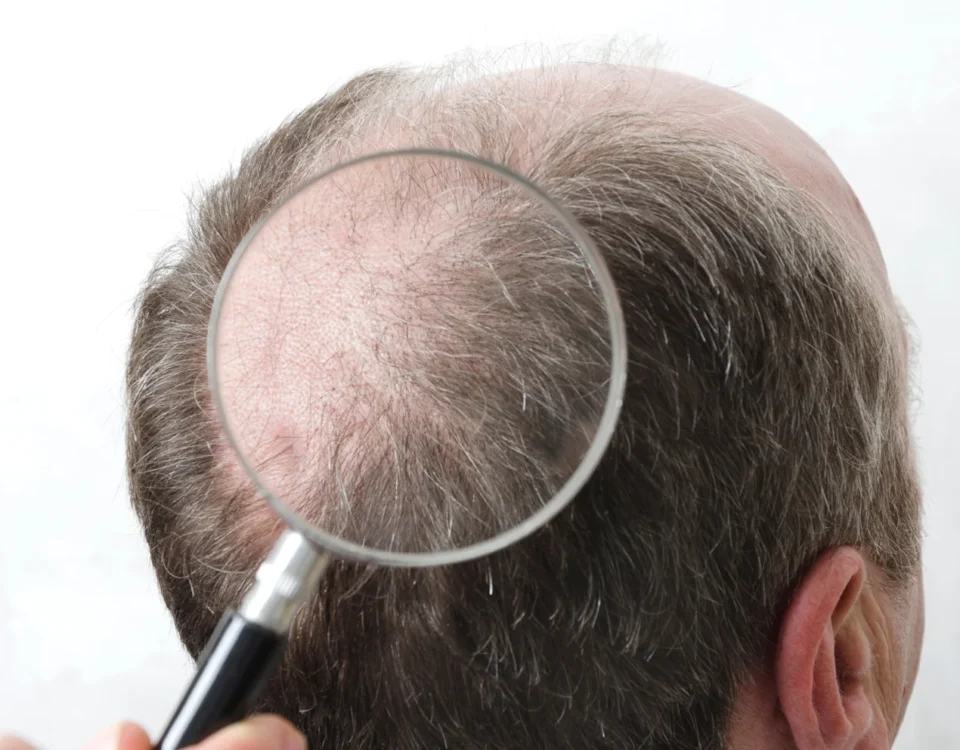
Recommendations after hair transplant
10 April 2024
Functions of Hair – The Roles and Structure of Our Hair
12 April 2024Dealing with Excessive Hair Loss? Understanding Hair Transplant Candidacy
For those struggling with excessive hair loss, often leading to complete baldness, finding the most effective solution can significantly improve their quality of life. Sometimes, the only viable option is to consider a hair transplant. However, not everyone is a candidate for this procedure, as there are certain indications and contraindications to take into account. Find out what qualifies someone for a hair transplant and what may disqualify them.
What’s the Difference Between Baldness and Hair Loss?
There are several causes of hair loss, and addressing them doesn’t always require surgical intervention. Before considering a hair transplant, ensure that your hair loss is not due to a treatable condition that could be managed through other methods, possibly making your hair significantly thicker. Therefore, before making the final decision to select a hair transplant clinic, several diagnostic tests should be conducted to determine the exact cause of hair loss. If a transplant is deemed the only effective treatment, seek a reputable clinic and a skilled specialist for the procedure. Prior to registration, the doctor conducts a thorough consultation to assess your eligibility and decide on the best approach. Alternatively, you may be referred for additional tests if needed for a complete diagnosis.
Indications for Hair Transplant:
- Localized hair loss
- Androgenetic hair loss
- Baldness
- Scarring
- Medication-induced hair loss
- Traumatic hair loss
- Hair loss as a result of surgery
Contraindications for Hair Transplant:
Although a hair transplant is minimally invasive and performed under local anesthesia, it still involves structural changes to tissue. Therefore, some conditions may prevent a person from undergoing a hair transplant. These include:
- Scalp diseases
- Heart diseases
- Blood clotting disorders
- History of heart attack
- Allergy to anesthetic ingredients
- Lack of healthy donor areas for hair extraction
The doctor performs a trichological examination to assess health status and determine whether a transplant is suitable based on any indications or contraindications.






